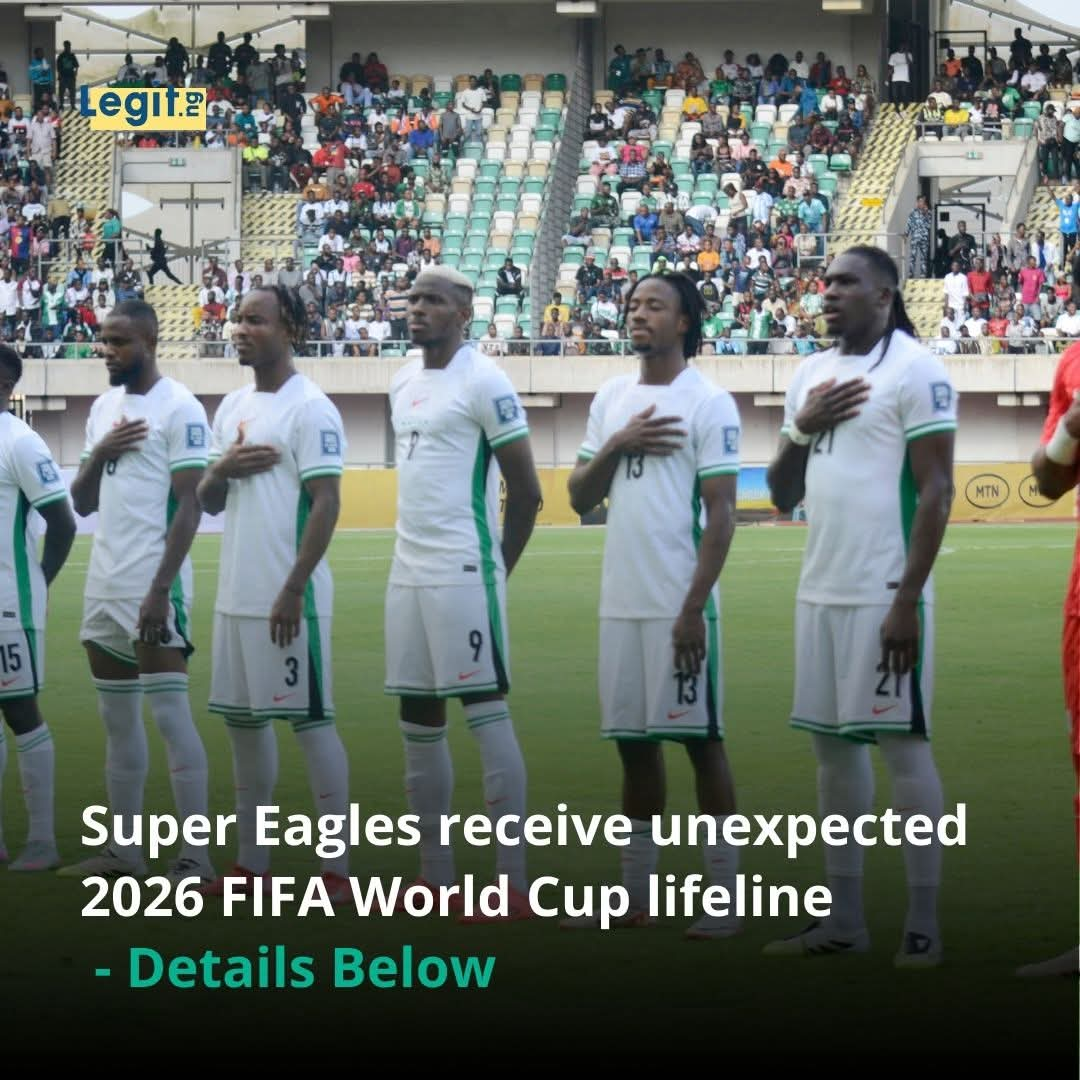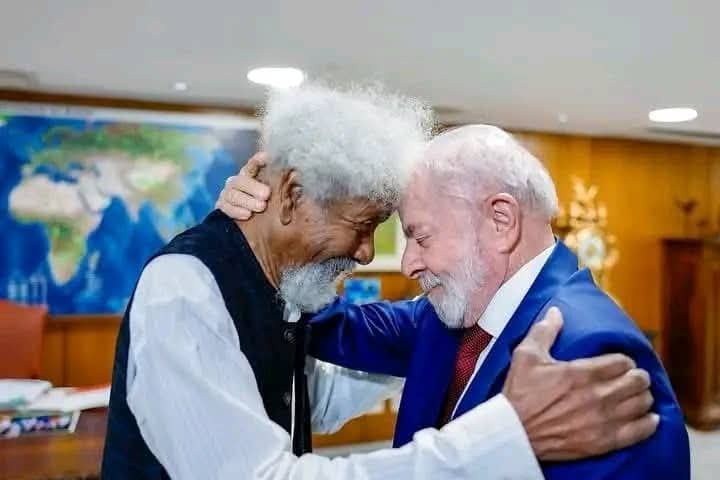The road to the 2026 FIFA World Cup has been anything but smooth for Nigeria’s Super Eagles. But a dramatic twist has suddenly breathed new life into their qualification hopes.
Earlier this month, Eritrea officially pulled out of the CAF qualifiers, leaving their Group E rivals with one less contender. Though Eritrea never kicked a ball in the campaign, their withdrawal carries significant implications for the way CAF calculates the best second-placed teams.
For Nigeria, stuck in third place in Group C with just two matches left, this unexpected development could be the thin thread of opportunity they desperately need.
As things stand, the Eagles have 11 points from eight matches—two wins, five draws, and a solitary loss. It has been a frustrating campaign, filled with missed chances, stalemates, and flashes of brilliance that never quite matured into dominance.
South Africa currently top Group C with 17 points, while Benin sit second with 14. Nigeria, three points adrift, must now not only chase victory in their remaining fixtures but also hope the permutations elsewhere tilt in their favour.
Under the revised format, the nine group winners qualify automatically. Four of the best runners-up, after discarding results against the lowest-placed team in each group, will advance to the continental playoff. From there, one team secures a playoff with a side from another confederation.
Eritrea’s withdrawal means Group E now has only five active teams. This unusual circumstance changes the comparative arithmetic, creating a situation where some groups may have a mathematical edge or disadvantage when determining the best second-placed teams.
For Nigeria, the consequence is clear: if they can finish second behind South Africa, their 14 points could still be enough to sneak into the playoff picture. But that depends on results elsewhere, making the coming weeks a nail-biting wait for fans.
Coach Finidi George has been quick to frame the development as a test of focus rather than fortune. “We can’t rely on luck,” he remarked after Nigeria’s last outing. “Yes, the opportunity is there, but we must earn it on the pitch. That is what matters most.”
The players, too, appear energized by the unexpected reprieve. Victor Osimhen, Nigeria’s talismanic striker, has urged fans to keep faith, promising that the team will “fight to the last whistle.” His words capture the renewed sense of determination coursing through the camp.
In the streets of Lagos, Abuja, Kano, and beyond, conversations about the Super Eagles have shifted. Where despair once dominated, cautious optimism now takes hold. Supporters are daring to believe again, even as they acknowledge the difficulty ahead.
Football analysts, however, are tempering expectations. Some point out that Nigeria’s fate is not entirely in their hands, as results from rival groups will weigh heavily in deciding who makes the playoff cut. Others argue that the team should never have been in such a precarious position to begin with.
Still, destiny in football is often written in strange ways. Eritrea’s decision to withdraw may seem like a footnote in African football history, but for Nigeria, it could yet be the turning point that keeps their World Cup dream alive.
The 2026 tournament, set to be staged across the United States, Canada, and Mexico, promises to be the largest ever, with Africa enjoying more slots than in previous editions. For a country with Nigeria’s pedigree, missing out would be unthinkable.
Now, with two matches left and a new path opened by circumstance, the Super Eagles have one final chance to prove they still belong on the biggest stage. Whether they soar or stumble will be decided soon, but one thing is certain: the nation is watching, waiting, and hoping.





